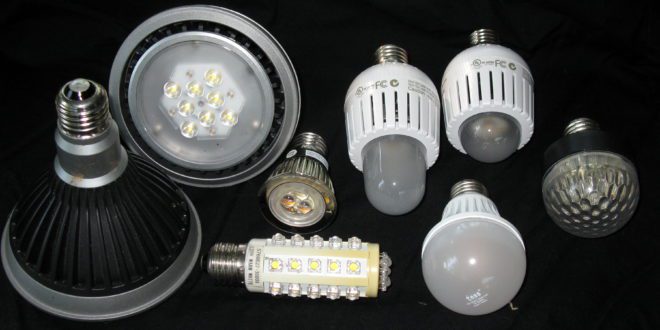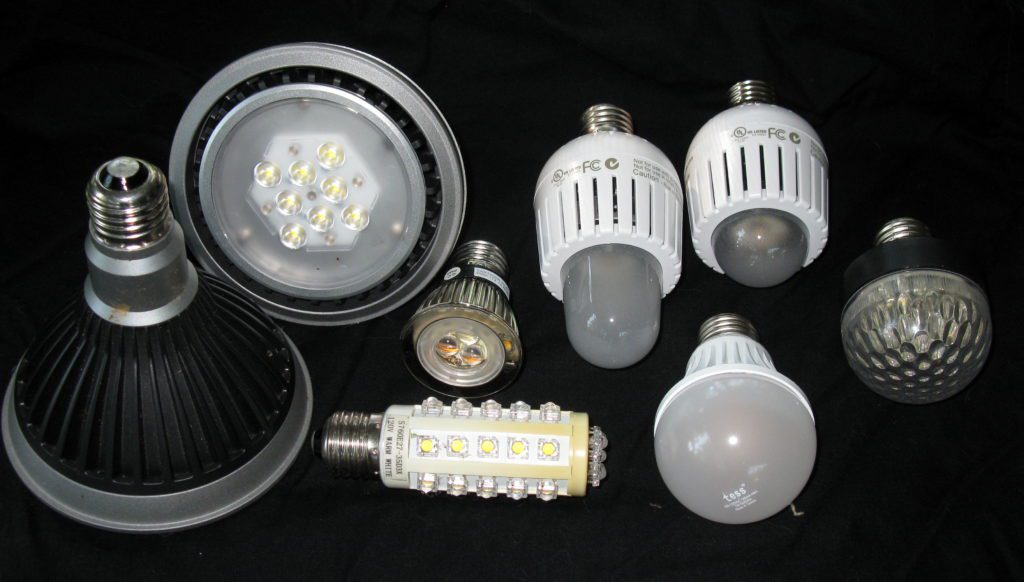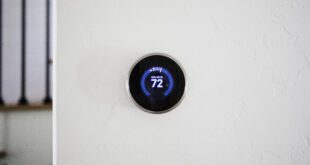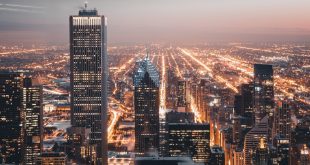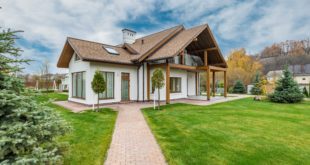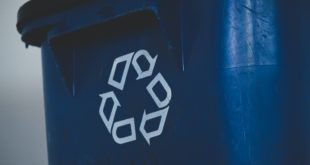LED lighting has been around for several years, but it has only recently reached the mass market and became more accessible to residential homes and businesses. Investing in LED bulbs may seem expensive initially, but the energy-saving and money-saving benefits far outweigh the upfront cost. Let’s take a look at why LED bulbs are the most important energy-saving investment that a homeowner or business can make, as well as the benefits for your pocket.
Long Lifetimes
LEDs have a lifetime of up to 60,000 hours, in comparison to incandescent bulbs which last 1000 hours. This means that LED bulbs last for around seven years before they need to be replaced, a factor which offsets the initial cost.
Low Maintenance
With such a long lifetime, LED bulbs are low maintenance. This makes them an ideal investment for use in areas that are not easily accessed, such as areas of height. If you are installing LED lighting in your workplace, the need for a maintenance crew to constantly be replacing the bulbs is reduced. The bulbs are also more resistant to shocks and vibrations, which makes them difficult to break.
High Efficiency
LED bulbs are the most efficient source of lighting – white bulbs with an efficiency of over 25 lm/W are available to buy in the mass market, which is a better performance level than a fluorescent or incandescent bulb. LED lighting is concentrated in one direction, meaning that bulbs don’t waste light by pointing it at the ceiling or another area where the light is unnecessary.
Low Power Consumption
LEDs do not need a lot of power to make them work. With electricity prices rising considerably over the last few years, both businesses and homeowners should see a reduction in their electricity bill following a switchover to LED bulbs. It’s estimated that the savings that you make on your electricity bill will recover the costs of the initial investment in LED lighting in around 2.5 years.
Safety
LED lights generate practically no heat, so you can leave them on for a long period of time and they will still be cool to the touch, reducing the risk of burns and fires. Incandescent bulbs produce 85 btu’s/hour, whereas LED bulbs produce just 3.4. The former also expels around 90% of its energy through heat, making it not only a less efficient lighting source but also a threat to safety. LED bulbs don’t contain any hazardous materials like mercury or lead, which means that they can be recycled safely unlike fluorescent bulbs which have to be disposed as hazardous waste.
No Emissions
The use of LED bulbs produces almost no UV emissions and only a small amount of infrared light. This makes LED lighting suitable for use in things that are sensitive to heat, as well as near objects that are sensitive to UV such as plastic in a kitchen.
Colour
One of the best benefits of LED lights is their colour. Whilst florescent lights can only emit a cold light, LED lights can produce different colours to suit different purposes and environments. With LED lights being a modern invention, they are compatible with smart home apps, meaning you can control them from your phone.
Incentives
If you are a business, you may find that your local Government has incentives in place to convince you to switch to LED bulbs. This could be a reduction on your tax or even just a rebate on your initial investment. This makes it easier, and more attractive to upgrade to LED lighting.
LED lighting is an important investment for both energy -saving and money- saving. LED bulbs have a long lifespan which means that they never need to be replaced. They are highly efficient, and hardly waste any energy as heat in comparison to traditional light sources. They don’t use a lot of power, which means that you should see a reduction on your electricity bill. LED bulbs are considered to be safer than the alternatives, and are highly adaptable to suit many different lighting situations. Lastly, businesses may be able to benefit from local Government incentives which have been designed to convince them to invest in LED lighting.
Leila Jones is a content writer for First Lighting, an online LED lighting store. She is a Public Relations graduate based in the UK.
 Alternative Energy HQ solar power for homes, wind energy, and bio fuel issues
Alternative Energy HQ solar power for homes, wind energy, and bio fuel issues
